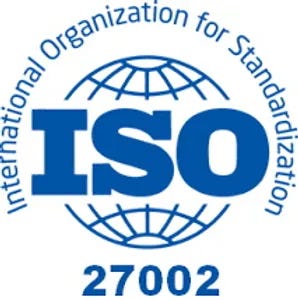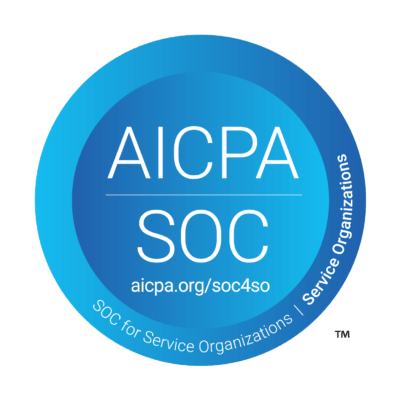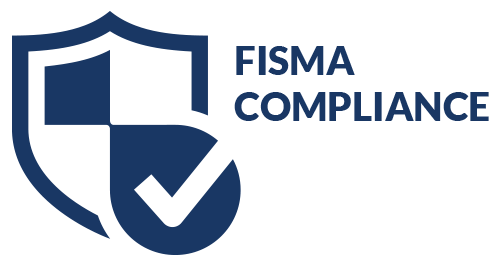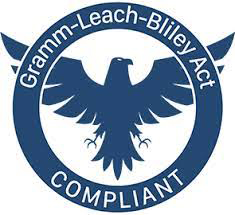Mistakes can happen to the best small business owners. The number one way to prevent financial fails from coming to fruition is to be aware. To help, we have broken down the five most fatal financial fails your small business could make, and how avoiding these will ultimately benefit you in the long run.
1) Failure to have a Financially Sound Business Plan

Building a business is like building a home. You have to start with a plan and grow from a solid foundation. A sound financial foundation is crucial to avoid several small business mistakes that could arise in the future. Your business plan needs to take into consideration having a line of credit in place before ringing the opening bell. Life happens, and it is impossible to plan for everything (unless you possess the gift or foresight, in which case you would be a lottery winner several times over and capital would be of no concern). Instead of waiting for an emergency to pop up, you’ll want your business defended in the manner of a line of credit versus building unwanted debt from lack of preparation.
For your day to day operation, be prepared with a solid budget based on well thought out approximations of aspects like costs (both fixed and variable) and sales. This step needs to be completed so you can accurately estimate cash flow, which is your business lifeline. Without considering these factors, there is no way to depict the operating capital necessary to function properly.
2) Failure to Understand Financial Basics
Equipped with your plan, you’re all set to go! Right? Wrong. You need to understand financial basics beyond a familiarity with common terms like revenue, margin, gross and net profit, cash flow, accounts receivable management, and taxes.
A perfect example of this is in regards to taxes. As law-abiding citizens, we all know what taxes are and that they must be paid. However, business taxes are a more complex system, and without an in-depth understanding, it can be easy for you to end up underpaying when overwhelmed with all your other business responsibilities. Easily overcome this route to business debt by becoming educated on the business tax system. Having a staff member or admin who is skilled in this department can help ensure taxes are being calculated and paid properly.
Misunderstanding and misusing cash flow is another common small business mistake. Cash flow has the term flow in it for a reason: it is not a consistent stream of income. Instead, it fluctuates over time for a variety of reasons. Don’t jump the gun and start making purchases from your cash flow under the assumption that it will hold steady!

3)Failure to Understand the Difference Between Small Business Financing and Funding
Although similar at a glance, small business financing and funding are two completely different concepts that need to be understood and not confused.
Funding is money that come contingent on an agreement rather than a payment plan. The capital gained through funding is not dependent on being paid back, which is entirely the opposite of small business financing.
Financing is synonymous with loans, which must be paid back over time. There are several different types of loans available to small business that require some time and effort to research. Make sure to take into account minimum requirements, fees, and penalties when shopping for the best loan for your business. As with personal debt, business debt can easily rear its ugly head from mismanaged financing.

4) Failure to Understand Balance Sheet Items
Not understanding your balance sheet items can be just as detrimental as not getting your finances in order from the start. Hearing the term business debt and understanding what it means when looking at your financial breakdown are different issues entirely. Not knowing your business equity and assets cannot help your properly repay variable-rate debts accrued. Having no familiarity with liabilities can cause you to dig an inescapable hole for yourself. Getting profit and income is one thing, but managing it once it comes in is just as important for longevity.
5) Co-mingling Personal and Business Finances
One of the worst small business mistakes is the comingling of personal and business finances. Your business is a personal part of you, we get it. However, the more overlap there is between your personal finances and those of your business, the worse off you will be. It makes it exponentially harder to track profit and loss, understand your balance sheet and predict cash flow if the numbers don’t completely represent your business interactions alone. Tax time will become a nightmare, as you will not be able to separate the two and pay the government appropriately without overpaying. Worst of all, an audit by the IRS or a lender review would become a circus. Don’t cause any more stress by making this common error!
Avoiding these five fatal financial fails is a great start to optimizing your revenue, but there are so many more ways! Learn more about how to optimize your revenue and continue to work smarter for your small business!
Want to learn more about TSI? Fill out the form and a TSI representative will contact you shortly.
